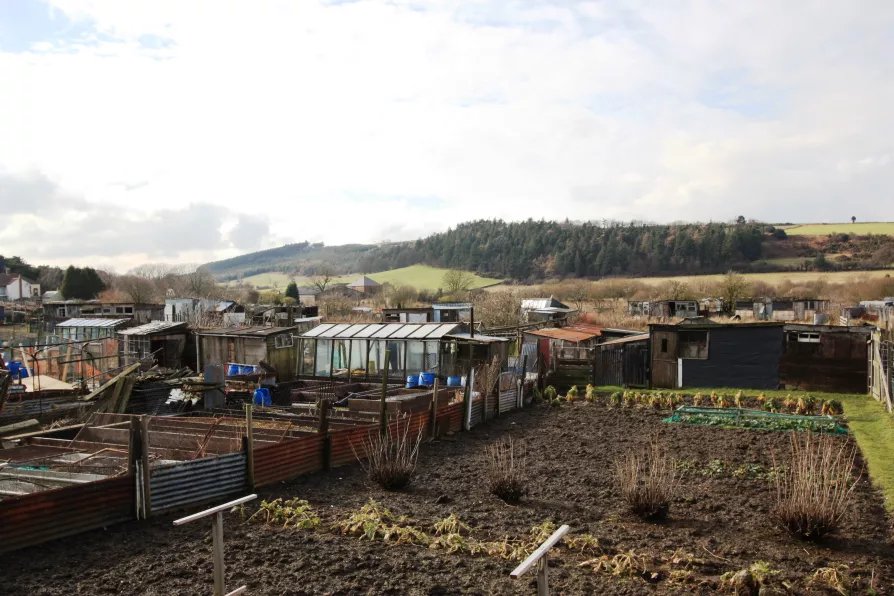As tens of thousands return to the streets for the first national Palestine march of 2026, this movement refuses to be sidelined or silenced, says PETER LEARY
Farmers and environmentalists can work together
Although farming is a major driver of climate change, adapting its methods can serve both agricultural workers and our sustainability targets, writes PAUL DONOVAN

 SHAPE OF THINGS TO COME: Allotment gardens near Boosbeck, Middlesbrough
[Philip Barker/CC]
SHAPE OF THINGS TO COME: Allotment gardens near Boosbeck, Middlesbrough
[Philip Barker/CC]
THERE has been a recent focus on the cost of agriculture in terms of greenhouse gas generation.
The agricultural sector accounts for 11 per cent of greenhouse gas emissions in Britain, with methane from livestock and nitrous oxide due to the use of nitrogen fertiliser and manure management being the main causes.
The problem is bigger in a country like Ireland, where agriculture accounts for 38.4 per cent of emissions. In Ireland, radical moves like mass cattle culls are under consideration by the government.
Similar stories

PAUL DONOVAN is fascinated by a deep dive into contemporary social crises, that examines how they are manipulated by elites

As the ‘NRx movement’ plots to replace democracy with corporate-feudal dictatorship, Britain must pursue a radical alternative of local food security and genuine wealth redistribution to withstand the coming upheaval, writes ALAN SIMPSON












